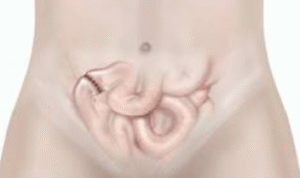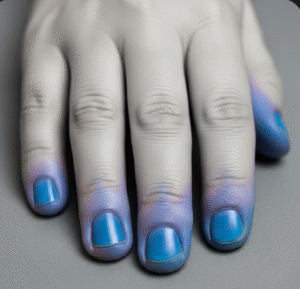Overview
Chronic Fatigue Syndrome (CFS), also known as myalgic encephalomyelitis (ME), is a complex disorder characterized by extreme fatigue that is not improved by rest and worsens with physical or mental activity. In Korea, specialized neurology, immunology, and rehabilitation centers provide multidisciplinary evaluation, symptom management, and supportive care to improve quality of life.
What is Chronic Fatigue Syndrome (CFS)?
CFS is a long-term condition with persistent, unexplained fatigue lasting six months or longer, accompanied by multiple symptoms affecting neurological, immune, and musculoskeletal systems. The exact cause is unknown, but it may involve viral infections, immune dysfunction, hormonal imbalances, and genetic predisposition.
Symptoms
- Persistent or recurrent fatigue not relieved by rest
- Sleep disturbances, including unrefreshing sleep
- Muscle and joint pain without swelling or redness
- Headaches of new type or severity
- Memory or concentration difficulties (“brain fog”)
- Sore throat or tender lymph nodes
- Post-exertional malaise (worsening of symptoms after physical or mental activity)
- Dizziness or lightheadedness
Causes
- Viral infections (e.g., Epstein-Barr virus, enteroviruses)
- Immune system abnormalities
- Hormonal imbalances affecting the hypothalamic-pituitary-adrenal axis
- Genetic predisposition
- Stress or trauma may trigger or exacerbate symptoms
Risk Factors
- Middle-aged adults (most commonly 40–60 years)
- Female gender (more commonly affected)
- History of viral infections
- Stress or emotional trauma
- Family history of CFS or related conditions
Complications
- Reduced ability to perform daily activities or work
- Social isolation and relationship strain
- Depression and anxiety due to chronic illness
- Sleep disturbances and worsening fatigue
- Reduced quality of life and functional impairment
Prevention
- Maintain good overall health and balanced lifestyle
- Early management of infections and chronic illnesses
- Stress management and mental health support
- Gradual return to activity after illness rather than overexertion
- Healthy sleep hygiene practices
Treatment Options in Korea
There is no cure for CFS; treatment focuses on symptom management and improving quality of life:
- Medications:
- Pain relievers for muscle or joint pain
- Sleep aids for insomnia or sleep disturbances
- Medications for depression or anxiety if present
- Stimulants in select cases to reduce fatigue
- Therapies and interventions:
- Graded exercise therapy (GET) under supervision
- Cognitive Behavioral Therapy (CBT) for coping strategies
- Physical therapy to maintain mobility and strength
- Nutritional counseling and dietary management
- Stress reduction techniques such as mindfulness or relaxation exercises
- Specialized hospitals in Korea:
- Samsung Medical Center, Seoul National University Hospital, Asan Medical Center, Severance Hospital
- Multidisciplinary teams including neurologists, immunologists, physiatrists, psychologists, and rehabilitation specialists
- Follow-up care:
- Regular monitoring of symptoms and functional capacity
- Adjustment of therapies based on response
- Long-term support for mental health, lifestyle modification, and energy management













